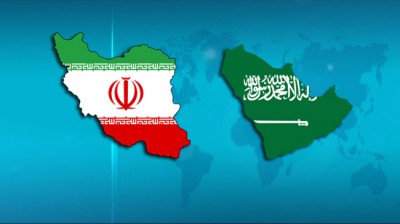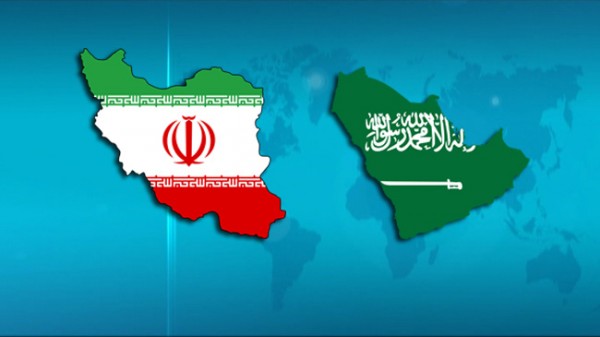 Saudi Arabia has invited Iran’s foreign minister to visit, Riyadh said on Tuesday, hinting at the possibility of a thaw between the Gulf’s two biggest, most bitter rivals, who are at loggerheads over Syria’s civil war.
Saudi Arabia has invited Iran’s foreign minister to visit, Riyadh said on Tuesday, hinting at the possibility of a thaw between the Gulf’s two biggest, most bitter rivals, who are at loggerheads over Syria’s civil war.
Iranian President Hassan Rouhani has adopted a conciliatory tone towards Tehran’s neighbors since taking office last year, but while Foreign Minister Mohammad Javad Zarif has visited other Gulf Arab states, he has not yet been to Saudi Arabia.
Relations between Iran and most of its Gulf Arab neighbors have been improving since Tehran agreed preliminary limits on its nuclear activity last year, but ties with arch-rival Saudi Arabia remained chilly.
Foreign Minister Prince Saud al-Faisal told a news conference that Zarif had been given an invitation to the kingdom but that despite Iran’s past declarations of a wish to improve ties, the visit had not transpired. He did not say when Riyadh issued the invitation or if Iran had formally responded.
“Any time that (Zarif) sees fit to come, we are willing to receive him. Iran is a neighbor, we have relations with them and we will negotiate with them, we will talk with them,” he said.
Sunni Muslim Saudi Arabia and Shi’ite Iran back opposing sides in Arab political struggles including in Iraq, Lebanon, Bahrain, Yemen and Syria, where Tehran’s ally President Bashar al-Assad faces an insurgency backed by Gulf Arabs.
Gulf states, like Western powers and Israel, fear Iran has been using its declared civilian nuclear energy program as a front to covertly develop an atomic bomb capability.
Bahrain and Saudi Arabia have also accused Iran of trying to meddle in their internal affairs by stirring up their Shi’ite communities to revolt. Iran says its nuclear program is peaceful and denies interference in these countries’ affairs.
But since taking office in August, the moderate Rouhani has overseen a conciliatory shift in Iran’s hitherto confrontational foreign relations. The most tangible result so far was Iran’s Nov. 24 interim nuclear deal with global powers.
Saudi officials have remained suspicious, however, and have accused Iran of being “an occupying power” in Syria, where they describe Assad as carrying out genocide against the country’s civilian population via air strikes in urban areas.
“Our hope is that Iran becomes part of the effort to make the region as safe and as prosperous as possible and not become part of the problem,” the Saudi foreign minister said.
OFFICIAL VISITS RARE
Visits by officials of each country to the other remain rare.
However, Rouhani’s predecessor Mahmoud Ahmadinejad, who was regarded by Riyadh as a source of much of the tension between the countries, did meet Saudi King Abdullah at an Organization of Islamic Cooperation summit in Mecca in 2012.
Abdullah placed Ahmadinejad at his right hand side while receiving leaders of other Muslim countries in an apparently emollient gesture aimed at showing Saudi Arabia wanted to reduce tensions with Iran and sectarian divisions in the region.
After Ahmadinejad’s foreign minister, Manouchehr Mottaki, visited Riyadh in 2009 in an effort to lessen tensions, King Abdullah told U.S. officials he had warned the Iranians that “you as Persians have no business meddling in Arab matters”, according to a U.S. diplomatic cable released by WikiLeaks.
“Iran’s goal is to cause problems … There is no doubt something unstable about them,” the Saudi monarch told visiting U.S. counter-terrorism adviser John Brennan, according to the cable.
Reuters


Leave a Reply
You must be logged in to post a comment.